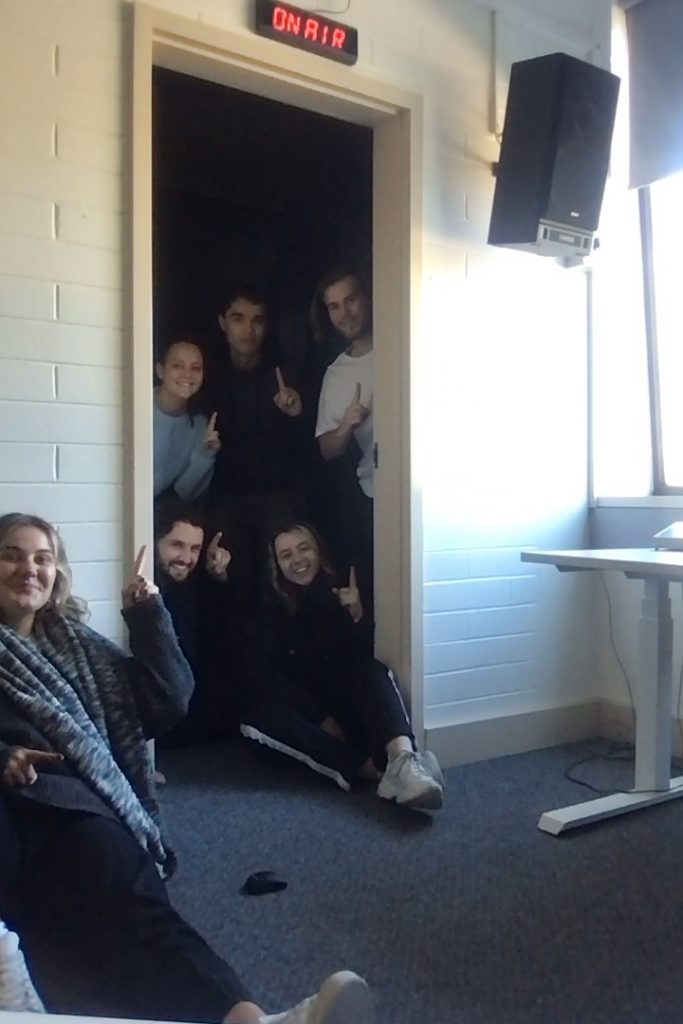Rural schools face pressure
By JELISA APPS
RURAL schools are facing a battle to keep parents’ faith in country education. More parents in country towns are now sending their children to larger schools further away – sometimes even putting themselves in debt. But are their perceptions about rural education valid, or is it all just an unfortunate misconception that is putting rural schools at risk of closure?
According to Laurie Boal, at the University of Canberra’s Equity Centre, 28.6% of enrolment for semester two in 2010 were from rural students – an impressive number considering the University of Canberra is only one of three universities in our country’s capital and a majority of it’s students come from the ACT. Mrs Boal also said that students from rural areas usually deliver higher unit passes than their city counterparts.
Mrs Boal said that although rural students have proven themselves in higher education, she believes students at larger schools receive more encouragement when it comes to aspiring to higher education.
“I think that more often students at larger schools receive more assistance and support to identify the appropriate pathway to achieve their goals,” she said. “Larger schools often have more resources such as guidance counsellors and careers advisors.”
Former student Alison Witchard is living proof that small schools can deliver big results. Alison graduated in 2008 with a UAI (now called the ATAR) of 99.25 in a class of just 12 pupils. She was the first student to receive top ten results in both Ancient and Modern History and has received many accolades for her success in her higher education.
Alison believes the lack of resources in rural areas helped her to self-motivate and prepared her for a much easier transition to university.
“My rural education ensured that I wasn’t pandered to or spoon-fed and took responsibility for my own education,” she said.
Whilst Alison managed to keep herself motivated, many students need the extra support to push them along in their education as rural resident Trish Ryan pointed out. Mrs Ryan has chosen to send her children to boarding school to assist with their social development.
“I think it helps kids to grow up before being thrown into the deep end of leaving home and gives them time to make a smooth transition,” she said.
Mrs Boal agrees with Mrs Ryan that children from smaller schools often find it difficult to settle into a large university environment.
“Often rural students report feeling lost and overwhelmed when they move to a city and the campus is large which can be daunting for someone that’s used to a small community,” Mrs Boal said.
Mrs Ryan said she believes that parents are sometimes concerned about their children having a broad selection of subjects at rural schools, a claim which Alison dismisses.
“I undertook two subjects at my school which were not in our school’s subject selection and they specifically found a teacher to cater to me,” Alison said. “I also often travelled to conventions in other schools to converse with other pupils.”
Alison also praised her school for their individual interest in each child’s education.
“We had an unparalleled student to teacher ratio and genuine support and understanding, you aren’t just a number when you’re in a tight-knit community,” she said.
As enrolment numbers diminish, rural schools are increasingly being forced into closure. Teacher John Campbell* is a relieving principal at one of these unfortunate schools that is facing it’s last year with just two pupils. Mr Campbell said that job security is something that is always in the back of a teacher’s mind when working at a small school.
“I guess it’s always something that plays on your mind,” he said. “I know it did with me but if you love what you do the issue is not so bad,” he said..
Mr Campbell says that rural school have the upper hand when it comes to one-on-one education.
“The student to teacher ratio is a very important advantage which allows for much more explicit and focussed teaching,” he said.
Whether the concerns are valid or not, diminishing faith in rural education means that rural families and teachers alike may be forced to move if small schools continue to close. Fortunately students like Alison are spreading the word.
“I would most certainly attend a rural school if I had to do it again,” she said. “I believe the pressure and competition of a larger school would have been detrimental to my health and success. I am, and continue to be, very proud of the school I attended.”
• Name has been changed.



Be the first to comment!